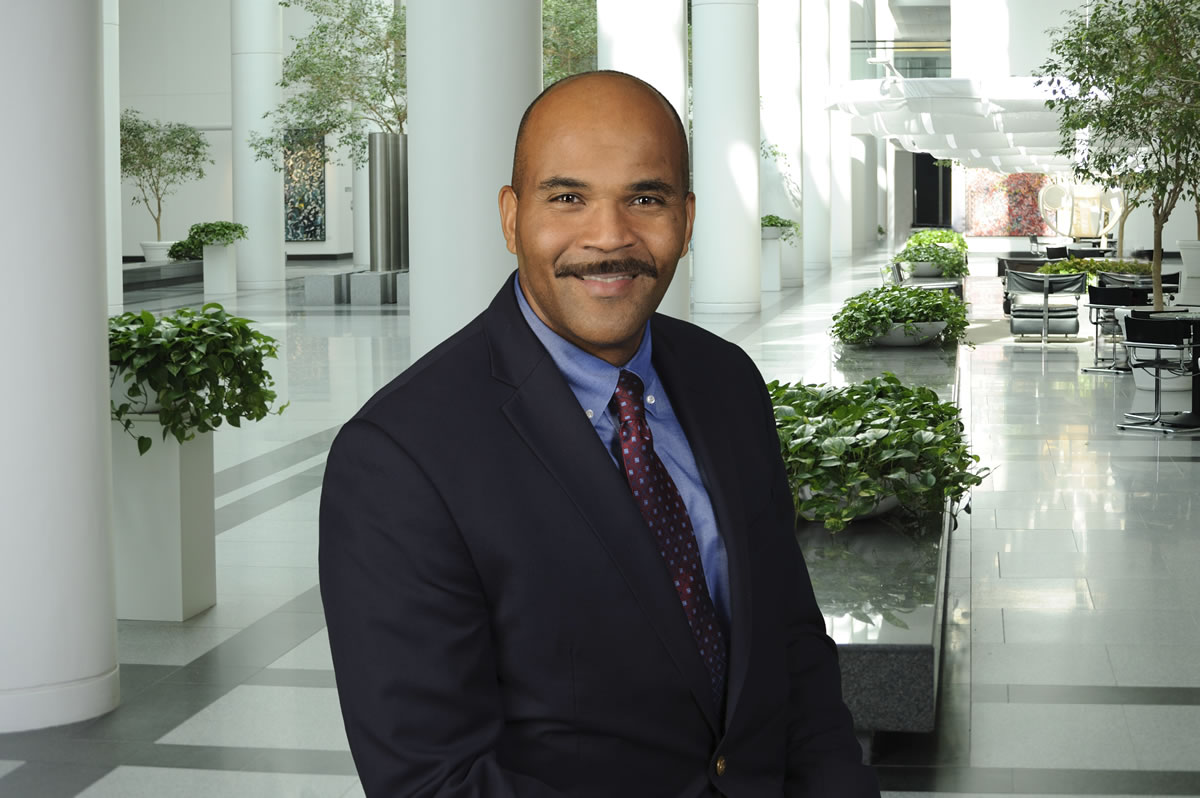
Preliminary Hearing

The preliminary hearing typically occurs between ten and fourteen days after arrest. A preliminary hearing (also known as a “probable cause” hearing, or “commitment” hearing) is a proceeding where the prosecutor must establish in court that they have enough evidence to detain the individual on the filed charges (i.e. warrant). The hearing is designed primarily for the benefit of those incarcerated individuals who have been unable to post bond, to ensure that they are not held in jail on unfounded charges. However, individuals out on bond are also permitted to request a preliminary hearing, and as a general rule an attorney should request one in almost every felony case regardless of whether the defendant is in jail.
If a defendant is in jail at the time the preliminary hearing is conducted and the state fails to establish probable cause that he or she has committed the offense, the defendant is entitled to have the charge dismissed and to be released from jail. If the defendant is not in jail and the state fails to establish probable cause the defendant is entitled to have the charge dismissed and to be released from the conditions of his or her bond. However, a dismissal of the charge at the preliminary hearing does not prevent a grand jury from issuing an indictment against the defendant at a later date. Thus, a defendant whose case is thrown out at a preliminary hearing could still face the same charges again. If this occurs, then the defendant will be rearrested on the same charge, and would have to post bond in order to get out of jail while awaiting trial.
Although the defendant has the right to request a preliminary hearing, the defendant loses the right to the hearing if the state obtains a grand jury indictment before the hearing is held. Thus, in some cases the prosecutor may rush a case to the grand jury as a tactical move to deprive the defendant of the opportunity to have a probable cause hearing. There are also situations where a case may be presented to a grand jury before the defendant has been arrested for any crime, and he or she learns of the allegations for the first time after a grand jury has issued an indictment. In such a situation, the defendant has no right to a preliminary hearing.
Although testimony will be presented at the preliminary hearing, the hearing is not a trial. Evidentiary rules in a preliminary hearing are more relaxed than they are in a trial. For example, while hearsay is not admissible in most trials and hearings, Georgia courts allow witnesses to present hearsay testimony in preliminary hearings. In fact, it is common for the arresting officer to be the sole testifying witness concerning events he or she did not personally observe. In Georgia, the judge is permitted to find probable cause based entirely on hearsay evidence.
Defense attorneys typically use the preliminary hearing as a tool for gathering evidence about the case against the defendant. While the attorney sometimes tries to beat the charge at the preliminary hearing (particularly when the defendant is in jail), many attorneys treat the hearing more like a deposition in order to find out in advance what the person is likely to say if there is a jury trial of the case. The best way to handle the preliminary hearing varies depending on the specific situation at hand and on the needs of the particular defendant.
The preliminary hearing is NOT a bond hearing, but for most charges, the defense attorney may request a bond be set, or lowered. The Magistrate Court judge may conduct a pre-trial bond hearing, where judge will consider four factors:
(1) Defendant’s criminal history, and the likelihood that he/she is a risk to commit additional felonies while on bond;
(2) Defendant’s history of missing court dates, and the likelihood that he/she will flee from the jurisdiction of the court, or fail to appear in court when required;
(3) Defendant’s character, and the likelihood that he/she poses a threat or danger to any person, to the community or to any property in the community; and
(4) Defendant’s propensity for violence, and the likelihood that he/she will intimidate witnesses or otherwise obstruct the administration of justice.

Request a Confidential Case Review 678-407-9300
Lawrence Lewis, P.C. is a criminal defense law firm focused on educating clients and their families on the criminal justice process, as well as working towards favorable resolution of criminal charges.


The information on this website is for general information purposes only. Nothing on this site should be taken as legal advice for any individual case or situation. This information is not intended to create, and receipt or viewing does not constitute, an attorney-client relationship. The verdicts and settlements listed on this site are intended to be representative of cases handled by Lawrence Lewis, P.C. These listings are not a guarantee or prediction of the outcome of any other claims.